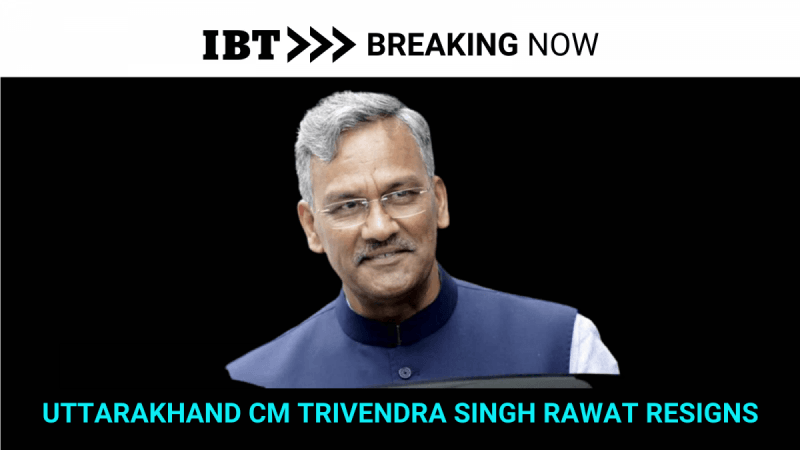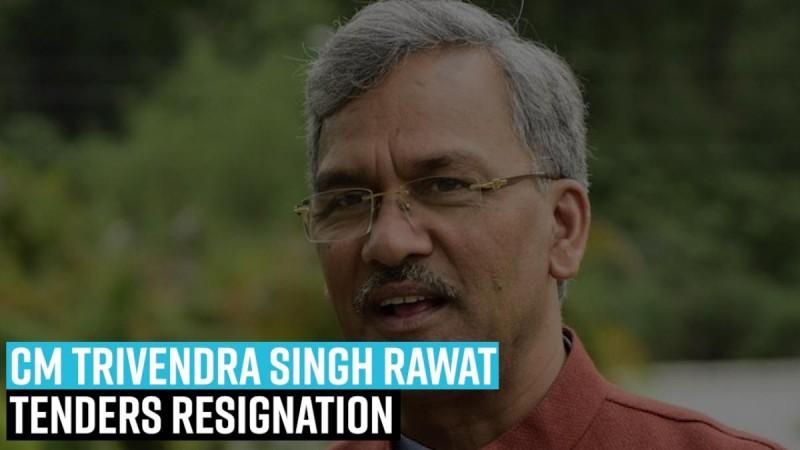Uttarakhand Chief Minister Trivendra Singh Rawat, on Tuesday, resigned from his post. However, when asked for the reasons for resignation, Trivendra bluntly said that the media would have to go to Delhi to find out. In such a situation, the question is arising what is the reason, which Trivendra Singh Rawat does not want to tell and the High Command is not ready to open its mouth. Based on the information coming out of the political corridors, it is believed that the Chief Minister's style of functioning became the biggest problem for him.
Legislators' displeasure was evident
As per sources, the resentment of the BJP MLAs came down heavily on Trivendra Singh Rawat. The manner in which the decision to make Garsain was commissionerate in the budget session of the current assembly showed displeasure among the BJP MLAs and the BJP leaders opposed the decision.

Trivendra had announced to make Garsain the summer capital of Uttarakhand. This year in the budget session, Garsain was given the status of commissionerate. After Garhwal, Kumaon division, the newly formed Garrsain Division included Chamoli, Rudraprayag, Almora, and Bageshwar districts to speed up development works in the hilly districts of the state.
But, just a day ahead of the budget session, the Trivendra government had to face the displeasure of the common people in the entire state due to lathi charge on the villagers demanding the road during the ongoing assembly session in Garsain. After starting the tenure on March 18, four years ago, everything was going well, but with time, the voices of protest among the MPs, MLAs, and party workers also started slowly.

Trivendra's style of work remains under question
Even in the past, many decisions were taken without discussion and the rest of the people were taken into confidence, which even the ministers were not in a position to accept. In a way, the working style of Trivendra was under question and now that the assembly elections are to be held next year, the BJP did not seem comfortable in going ahead with the face of Trivendra. Reports of other ancillary organizations including the RSS were also not favorable to Trivendra.
Not all 12 cabinet positions filled
Moreover, Trivendra did not fill all 12 cabinet posts after becoming the Chief Minister. Two ministerial posts are vacant and no decision could be taken on this despite continuing exercise on cabinet expansion.









!['Had denied Housefull franchise as they wanted me to wear a bikini': Tia Bajpai on turning down bold scripts [Exclusive]](https://data1.ibtimes.co.in/en/full/806605/had-denied-housefull-franchise-they-wanted-me-wear-bikini-tia-bajpai-turning-down-bold.png?w=220&h=138)



